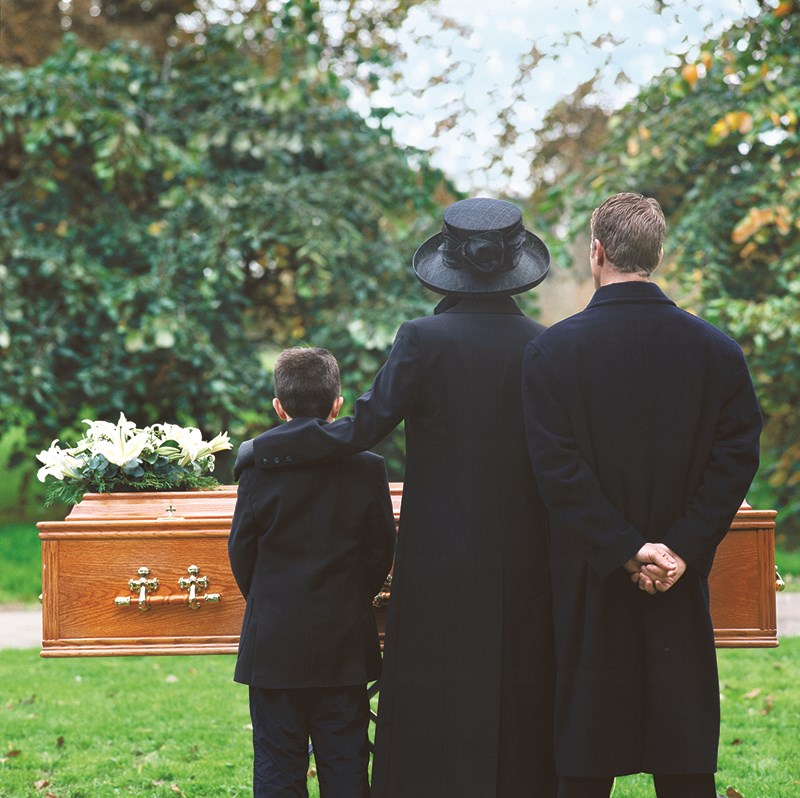Matt Barnes
“I know exactly what you’re going through.”
“It’s been a year. You should be over it by now.”
“They’re in a better place.”
“I wouldn’t want to be in your shoes.”
Those are just a few of the responses people in our weekly ‘Walking with Grief’ group have heard after losing a loved one.
The topic comes upoften, and usually leads to the realization there should be more training available in workplaces, schools, and for the general public on the etiquette surrounding grief and
loss.
The truth is, people generally don’t know what to say or do when they attend a funeral or see a friend or co-worker grieving.
Silence is uncomfortable, and we fill the void with words we hope might bring comfort. But when we say these things the impacts can be counter-effective, and we miss opportunities to listen, understand, validate and comfort.
Group co-facilitator, Heather Taylor often uses the acronym WAIT: Why Am I Talking? Which sums it up perfectly.
Death isn’t something we generally talk about even though it’s happening all around us. For those grieving a loss the pain can be so debilitating they can’t sleep, eat, concentrate, or do anything beyond getting themselves through the day.
The saying, “I’m taking things day-by-day” rings so true for many participants that we often remind each other that just putting one foot in front of the other and walking is a great accomplishment.
Grief etiquette is seldom discussed, so here are a few practical tips on what to say and do when attending a funeral or visiting a friend, family member or co-worker experiencing loss.
ACTIONS:
* Attend the funeral/wake/memorial; send flowers or a card; make a phone call
* Donate to a charity
* Cook a meal, shovel their driveway or cut the grass
* Offer to clean their house or help with other arrangements
* Offer your time and then just sit and listen
* Physical touch and a hug can be a perfect substitute for not saying anything
APPROPRIATE WORDS:
“I’m so sorry for your loss.”
“I’m thinking of you and your family.”
“I don’t know how you feel but I am here to talk or help in anyway I can.”
“My favorite memory of your loved one is…”
“He/she will be deeply missed.”
“I care about you; I love you.”
And after the funeral, keep in touch and continue to acknowledge their loss. Check in and continue to offer words and actions that will support those dealing with a loss.
Matt Barnes is a Clinical Social Worker at Southwest Counselling Services who co-facilitates a ‘Walking with Grief’ group. For more, visit www.swcounselling.ca
